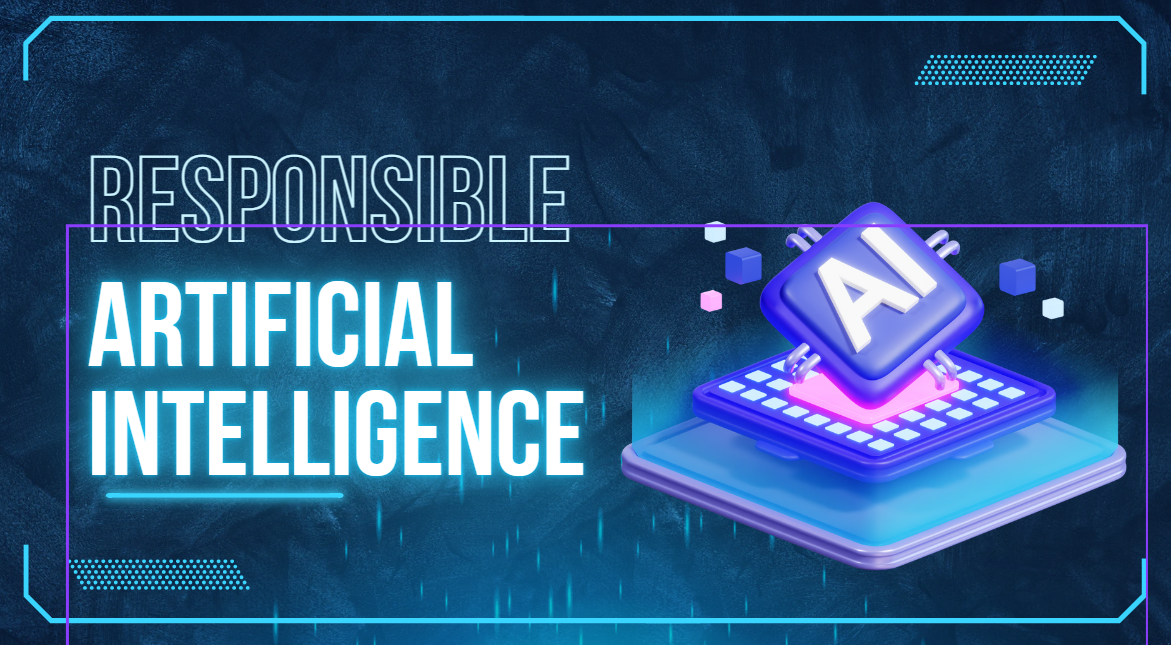In order to increase productivity and efficiency in a variety of fields, artificial intelligence (AI) agents are highly advanced autonomous systems created to carry out activities on users’ behalf. With the use of natural language processing and machine learning, these agents may function independently or semi-autonomously, interacting with their surroundings and gradually improving their performance.
Definition and Functionality
Intelligent systems that can carry out tasks on their own without direct human assistance are known as AI agents. They are able to comprehend human input, decide, and act in accordance with preset objectives. With the help of these features, AI agents may carry out a variety of activities, including task automation, data extraction, and customer support interactions. AI agents are able to continually learn from their interactions and enhance their effectiveness over time by utilizing machine learning and natural language processing.
Key Features of AI Agents
The autonomy of AI bots is one of its distinguishing features. Based on their programming and the information they get from their surroundings, these autonomous systems are able to make judgments. AI agents that are autonomous may carry out activities without continual oversight, which helps them deal with challenging and changing circumstances.
Through self-learning processes, AI agents are able to learn and adapt. They may find trends, enhance their decision-making, and adjust to new knowledge by examining data and user interactions. AI agents are guaranteed to stay applicable and efficient in dynamic situations because to their capacity for continual learning.
AI agents are particularly good at handling repetitive activities like answering consumer questions, transferring data between apps, and automating repetitive procedures. AI agents take care of these duties, freeing up human resources so that workers may concentrate on more intricate and strategic jobs. This increases overall operational efficiency in addition to productivity.
Applications in Various Industries
AI agents are being incorporated more and more into a variety of industries, such as education, IT support, and customer service. Their capacity to handle several jobs at once enables companies to greatly increase operational efficiency.
AI agents are essential to improving client experiences in the customer service sector. When needed, they may escalate complicated situations to human representatives, fix problems, and reply to questions. Natural language processing-capable AI agents are able to comprehend and interpret consumer inquiries, giving prompt, precise answers. This lessens the effort for customer support workers while simultaneously increasing customer happiness.
By automating procedures like ticket management, system monitoring, and troubleshooting, AI agents are revolutionizing IT assistance. These agents are capable of doing standard duties including password resets, network troubleshooting, and technical support. AI agents increase service levels, speed up response times, and free up IT personnel to work on more important projects like infrastructure management and cybersecurity by automating these procedures.
AI agents are also expected to help the education industry by better handling administrative duties and customizing learning experiences. AI systems are able to examine student data in order to spot trends in learning, suggest individualized study schedules, and give immediate feedback. They may also automate administrative duties including scheduling, grading, and parent and student communications. This raises the standard of education by enabling teachers to devote more time to mentorship and instruction.
Future Prospects
By 2025, it’s anticipated that the field of AI agents will have grown considerably, with big tech firms like Microsoft and Nvidia making considerable investments in their creation. This projected expansion points to a move toward more comprehensive AI systems that can manage progressively challenging jobs on their own.
It is anticipated that AI bots will get more competent and adaptable as the technology develops. AI agents will be able to do a wider variety of jobs more accurately and efficiently thanks to developments in robotics, machine learning techniques, and natural language processing. AI agents may, for instance, be able to carry out intricate data analysis, offer sophisticated medical diagnostics, and even carry out manual labor in sectors like manufacturing and healthcare.
Workflows and commercial processes will increasingly incorporate AI agents. AI agents will be used by organizations to improve decision-making, optimize resource allocation, and simplify operations. The capabilities of AI agents will be further improved by integration with other technologies, such as blockchain and the Internet of Things (IoT). AI agents might, for example, use data from Internet of Things devices to proactively plan maintenance and forecast equipment breakdowns.
Humans and AI systems will work together more in the future of AI agents. AI agents will enhance human abilities and knowledge rather than replace them. While AI agents take care of monotonous and data-intensive jobs, humans will be able to concentrate on tasks that call for creativity, critical thinking, and emotional intelligence thanks to this cooperative approach, also known as enhanced intelligence. Across industries, this convergence will boost innovation and productivity.
Some Considerations
It will be critical to address ethical issues as AI agents proliferate. Careful management is required of issues including data privacy, bias in AI systems, and the possible effect on employment. To guarantee that AI agents are created and used properly, organizations must put strong ethical frameworks and norms into place. To preserve confidence and guarantee just and equal results, AI decision-making procedures must be transparent and accountable.
Governments and regulatory bodies will play a crucial role in shaping the future of AI agents. Establishing comprehensive regulatory frameworks will be necessary to address legal, ethical, and safety concerns associated with AI technologies. These frameworks will provide guidelines for the development, deployment, and use of AI agents, ensuring that they are aligned with societal values and norms. Collaboration between industry stakeholders, policymakers, and academia will be essential to create a balanced and effective regulatory environment. The future of AI agents will be significantly shaped by governments and regulatory agencies. To handle the ethical, legal, and safety issues related to AI technology, extensive regulatory frameworks will need to be established. These frameworks will offer recommendations for the creation, application, and deployment of AI agents, guaranteeing that they conform to social norms and values. To establish a fair and efficient regulatory framework, cooperation between academic institutions, policymakers, and industrial players will be crucial.
Take away
The use of artificial intelligence in a variety of disciplines is being revolutionized by AI agents. They are important resources for businesses looking to increase production and efficiency because of their independence, capacity for learning, and ability to carry out tasks. Businesses may enhance decision-making, streamline processes, and provide better experiences for their stakeholders and consumers by incorporating AI agents into customer service, IT support, education, and other domains.
With growing investment and technological developments propelling their growth, AI agents have a bright future. AI agents will change how businesses function and open up new avenues for innovation as they get more competent, integrated, and cooperative. To guarantee the appropriate and fair use of AI agents, it is imperative to address ethical issues and create regulatory frameworks.
In conclusion, by automating processes, increasing productivity, and facilitating human-AI cooperation, AI agents have the potential to completely transform a variety of sectors. Adopting this game-changing technology will be essential to maintaining competitiveness in the quickly changing digital market.







